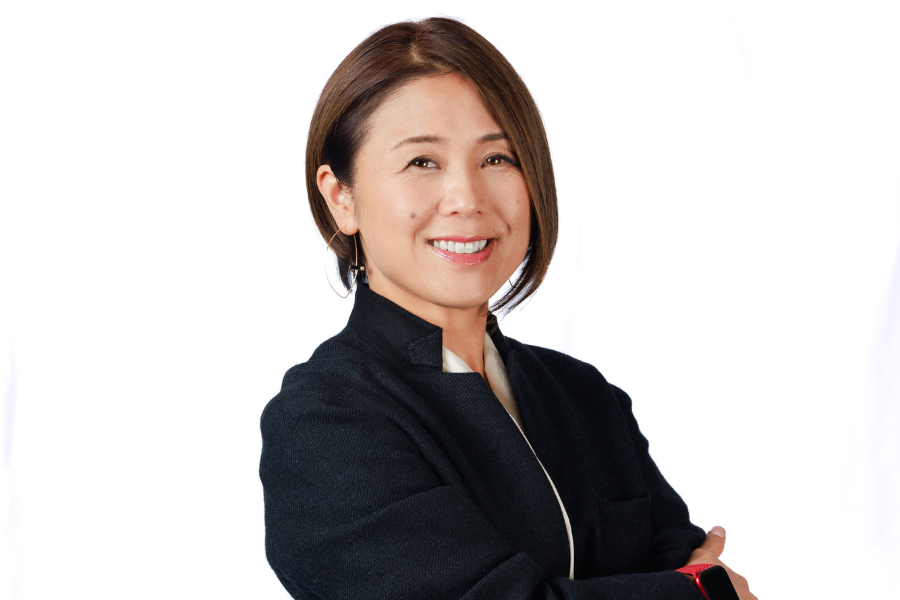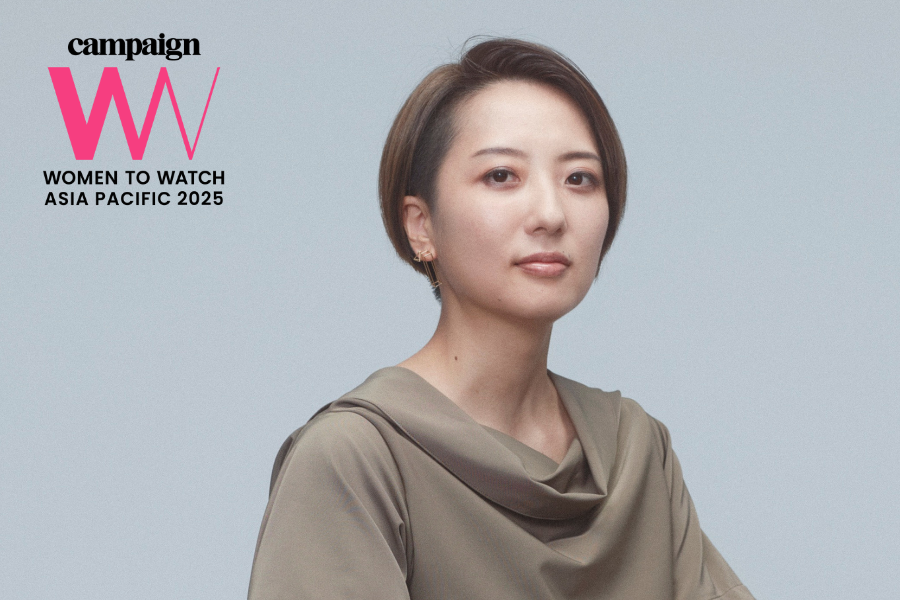A recent World Economic Forum (WEF) report measuring gender parity ranked Japan 125th out of 146 countries in 2023 (116th in 2022). The direction of travel is clearly the wrong way. Japan’s parity—in terms of political empowerment—is one of the lowest in the world (ranking 138th). Only 10% of its parliamentary positions and 8.3% of ministerial positions are held by women. There has never been a female head of state in Japan.
And yet there is almost full gender parity on both WEF’s educational attainment and health and survival subindexes. There is some good news: A 1.1% improvement in parity in terms of earned income. But there is also more bad news: The 2023 report says that 54.2% of women are in work but a mere 12.9% of senior officers are women.
There is clearly a problem and the government is poised to act. But some of the change must be driven by companies themselves. With so few leadership positions filled by women, it is little wonder that this ship is hard to turn. But it must turn. Japan is a big economy. It ranks third when measured by GDP (after the US and China but ahead of Germany), so what is going on?
The company conundrum
While the Japanese government is clearly concerned, like all governments, it will inevitably be slow to act. That puts the private companies firmly in the frame to shift the dial.
Let’s not forget there are two types of company in Japan. The first is international multinational companies located in Japan, but are part of the wider global ecosystem; and the second is domestic Japanese companies that are less influenced by ways of working from outside Japan.
The distinction is important because the culture varies, and what is expected from each of them is different too. International companies are results-driven, and career progression relies on outcomes. Domestic Japanese companies have a systems approach to career progression. But slowly, Japanese companies are changing their mindsets—largely because productivity isn't going up fast enough in a market where the population is declining.
The prevailing system in Japanese companies will not work going forward so women are being encouraged back to the workplace to help improve productivity. But what about a more proactive approach to women in the workplace? When will that happen?
There is a third way for women to work in Japan. They do not have to join international companies located in Japan—a leap of faith for many of them given the cultural differences—or join domestic Japanese companies who are bringing women on board largely to tackle the productivity gap. They can be entrepreneurial too.
Technology has encouraged and enabled entrepreneurial thinking in Japan; and Covid too has shifted working practices towards flexibility and increased homeworking—which particularly benefits women given the additional duties most women acquire from the caring and housework perspectives. And there are more female venture capitalists in Japan now. They are funding more women-led start-ups.
The tide is turning.
Time to be seen and heard
Our industry, in particular, needs women to raise their hands. A diverse team is a good team, especially when it has a creative brief. And diversity should not end with gender equality. It’s the mix of genders, ethnicities, ages, cultures and abilities that unlocks creativity and prevents group think.
Our industry should and does welcome—and celebrate—people with people with different mindsets, different skillsets, from different parts of the world. In this way, we are leaders.
For companies generally, it’s about creating an environment in which diverse teams thrive, and where equity is cascaded down into all areas of the organisation. This means enabling conversations about compensation, skills and training, performance, and ensuring everyone is set up for success.
Allyship, mentoring, introduction to networks and celebrating success will all contribute to women thriving in the workplace in Japan. And by identifying skills to raise women from being managers to leaders, they will lead the charge in creating environments where everyone thrives, help fill gaps and achieve gender parity.









